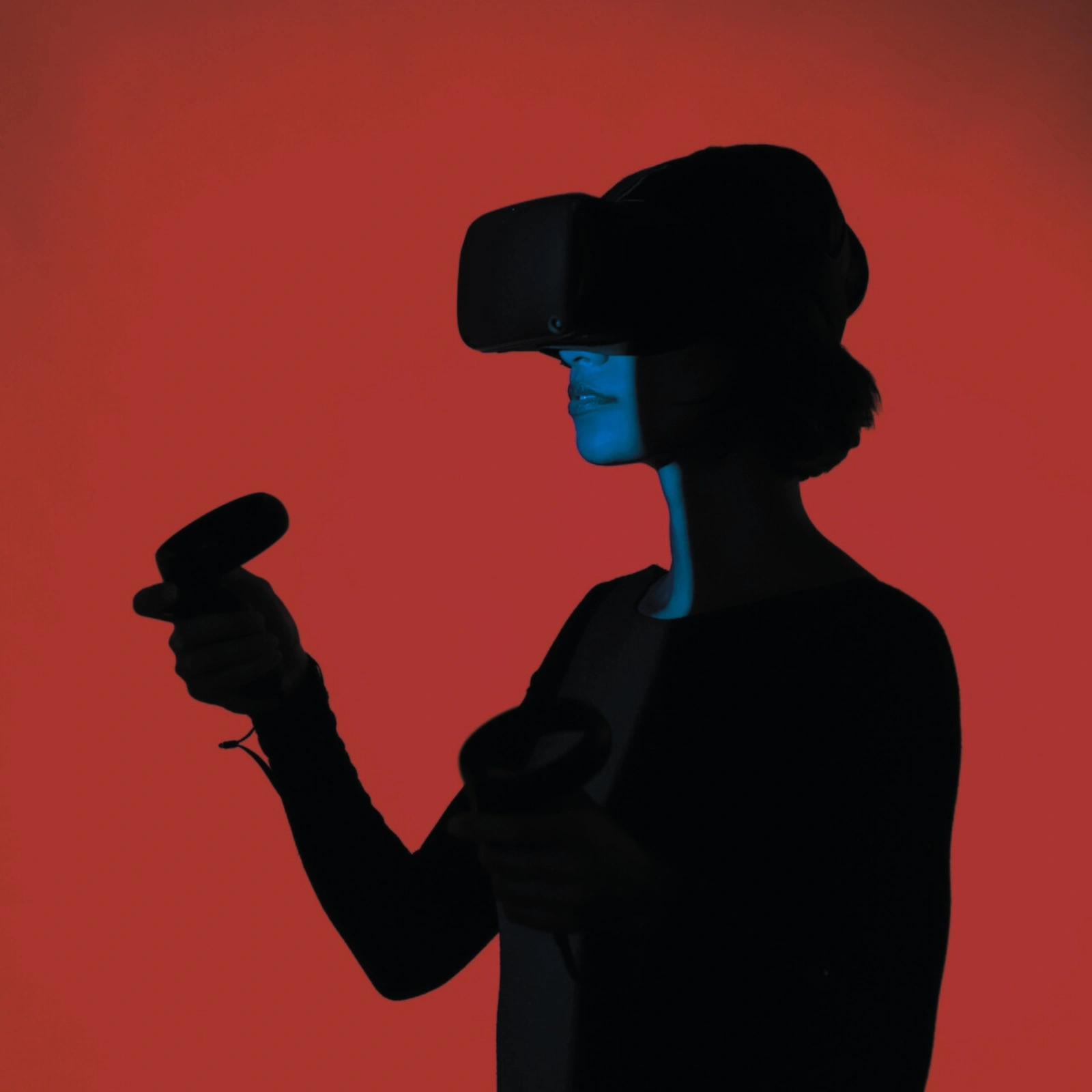The human sense of smell is deeply connected to our emotions, memories, and overall sensory experiences. Aromas have the unique ability to trigger powerful emotional responses and transport us to specific moments or places. This connection between scent and emotion forms the foundation of olfactory marketing, which focuses on using fragrance to create meaningful and impactful experiences.
Enhancing Immersion and Realism
One of the primary benefits of incorporating olfactory marketing in the gaming industry is its ability to enhance immersion and realism. By introducing sensory aromas that correspond to specific in-game environments or scenarios, game developers can create a more immersive experience for players.
For example, imagine playing a survival horror game set in a haunted house, where the scent of dampness and decay permeates the air. The aroma reinforces the eerie atmosphere, heightening the suspense and making the gaming experience more realistic and engaging.
Triggering Emotional Responses
Sensory aromas in gaming can also evoke specific emotional responses, further enhancing player engagement. Different scents have the power to elicit various emotions, such as excitement, nostalgia, or relaxation. By strategically incorporating aromas that align with the desired emotional tone of the game, developers can create a more impactful and emotionally resonant experience. For instance, a fantasy game set in a serene forest may feature the scent of fresh pine or blooming flowers, evoking a sense of tranquility and wonder.
Creating Brand Associations
Olfactory marketing can also be leveraged to create strong brand associations within the gaming industry. Just as scents can become intrinsically linked to specific brands in other industries, game developers can use signature aromas to create a distinctive olfactory identity for their games.
This not only helps in brand recognition and recall but also fosters a deeper connection between the players and the game world. Imagine a game franchise known for its intense action sequences, where the scent of gunpowder or burning rubber becomes synonymous with the brand, instantly triggering excitement and anticipation among players.
Multi-Sensory Marketing
By incorporating olfactory marketing, game developers can tap into the power of multi-sensory marketing. Engaging multiple senses simultaneously creates a more holistic and memorable experience for players. Combining stunning visuals, immersive sound effects, and evocative aromas allows for a comprehensive and immersive gaming experience that sets games apart from the competition. This multi-sensory approach helps to create a stronger emotional connection with players, ultimately driving brand loyalty and positive word-of-mouth.
Challenges and Considerations
While olfactory marketing in gaming offers exciting possibilities, there are some considerations and challenges to overcome. Scent preferences can vary among individuals, and cultural factors may influence the perception of certain aromas. Game developers must conduct thorough research and testing to ensure that the chosen aromas align with the target audience and enhance the desired gaming experience. Additionally, the delivery method and intensity of the aromas must be carefully calibrated to avoid overwhelming players or causing discomfort.








